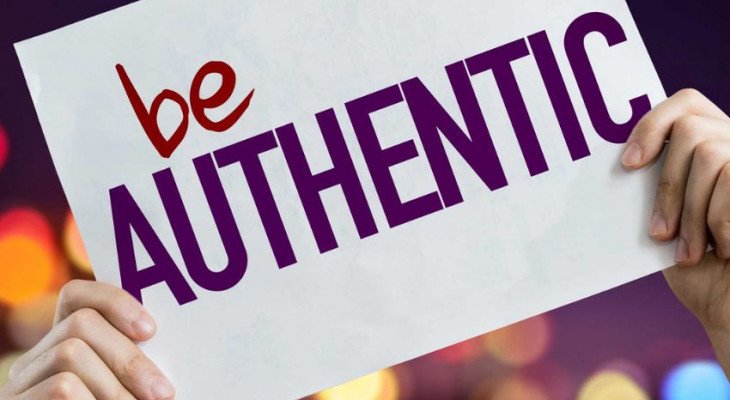Authenticity: Brand Marketing’s New Currency

Marketers acknowledge that AI is as a potent tool to augment the unique human elements of creativity such as intuition, emotion and context understanding, writes Suvarna Goel
_20240724004548_original_image_50.webp)
Take it, a brand creates an advertisement so heartwarming, it cuts across generations and is liked by all. And the reason is its genuineness, sincerity, relatability and authenticity. In a world driven by rapid digital advancements and smart consumers, creativity and brand-building must be guided by authenticity. With the use of artificial intelligence (AI) tools becoming more prevalent in marketing and competition galore, authenticity is the biggest differentiator.
But why is authentic marketing crucial? Simply put, consumers gravitate to brands they trust. Today, consumers have more choices than ever, and if they do not find a brand authentic, they will move to an alternative. For businesses, consumer stickiness and retention are critical to success.
Authentic customer intimacy
Making a customer the superhero and placing them above a brand or its products leave a lasting and authentic impression. Brands also gain customer trust, confidence, and loyalty. Authenticity stems from the fact that a brand is consistent in its messaging. Every marketing campaign must convey what a brand represents and how it desires to create a meaningful impact. And when a brand speaks of its core values, it must also ensure a genuine connect with customers, showcasing authenticity. An understanding of a brand’s promise is more internal than external – those driving the promise and personifying it for a larger audience should know what is expected from their brand and how it’s perceived. Any digression from the defined brand promise tends to be inauthentic.
Beauty soap brand, Dove launched the #StopTheBeautyTest campaign, conveying the message that every woman is beautiful and must not be subjected to rejection based on conventional beauty standards. The campaign set an example of being authentic – a beauty brand urging consumers to stop the beauty test, reflecting its focus on consumers above the brand.
The adoption of technology not only enables staying relevant but also bodes well for a brand’s authenticity, allowing them to be more transparent and true to their customers. For instance, some Fast-moving Consumer Goods (FMCG) legacy brands in India such as Hindustan Unilever, Nestle, Emami, Godrej and Dabur have been foraying into the digital space, redefining customer engagement. Leveraging AI and now generative AI, they aspire to reach directly to consumers. Generative AI can enhance personalised experiences across channels, ensuring authenticity, consistency, and relevance.
Authentic content is king
Digital marketing and online content creation have become instrumental in driving a brand’s identity. But, in a saturated online landscape where information and advertisements are abundant, authentic content stands out as it reflects real experiences, emotions, and perspectives. Authentic content also serves the ultimate purpose of marketing – reaching the target audience and beyond. Search engines such as Google or social media platforms prioritize high-quality, relevant, and authentic content in their algorithms. This is because authentic content is unique and performs well.
With the power of authentic content, comes its responsible and careful use. According to Gartner, by 2026, 60% of Chief Marketing Officers (CMOs) will adopt measures such as content authenticity technology, enhanced monitoring, and brand-endorsed user-generated content to protect their brands. To safeguard their brands, organisations must prioritise the implementation of content authenticity measures and establish responsible and ethical-use guidelines for generative AI.
While the use of AI and generative AI will become fundamental to marketing functions in the next few years, the authenticity of their deliverables can only be determined by human interventions. Marketers acknowledge that AI is as a potent tool to augment the unique human elements of creativity such as intuition, emotion and context understanding.
“Take care of the little things and the big things will take care of themselves,” said American poet Emily Dickinson. Her words resonate with today’s marketers and brands who believe in taking care of authenticity towards their customers, knowing that the outcomes will be bigger, better, and bolder.
Source link

.jpg)



